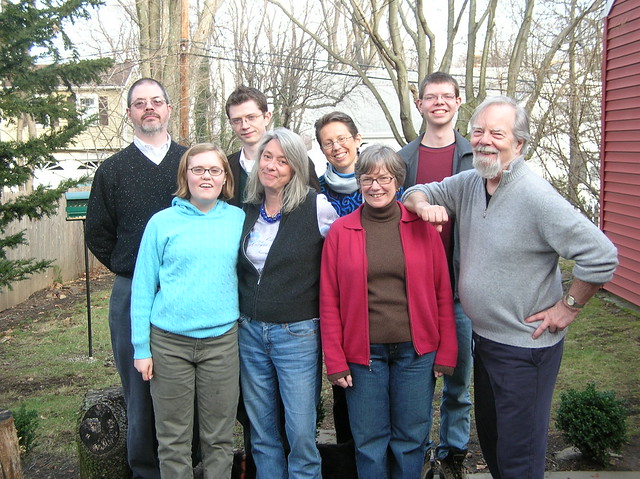Ran this morning, coffee and fruit, on my way to Morning Prayer, after which I’ll go on to Oxford for a tutorial. Who knows what I’ll get up to when I get home?
The Griffiths event on Tuesday was productive, though (to my disappointment) Paul himself wasn’t taking part. All the pnaelists seemed cautiously appreciative (I’m assuming Kendall Soulen, with whom I overlapped at Yale, agreed; Kendall is a genuine pioneer of theological anti-supersessionism, and I would especially have wanted to hear his segment, but I was called to the front door on church business, and missed the one participant whom I had been looking forward to hearing) (bar Griffiths, of course). Criticisms included Griffiths’s decision to omit footnotes, which make it difficult to situate his position in the broader range of possible responses to Christian anti-Judaism, and his abstraction from the actual experience of actual Jewish people, a decision Griffiths made deliberately in order to pursue a strictly speculative theology. Given the particular task Griffiths set for himself, I don’t find either of these objections to invalidate his endeavour, though they make it more brittle. The discussion, though, gave a hopeful indication that Christian theologians took the malignant inheritance of supersessionism seriously, and were trying thoroughly and carefully to locate, develop, encourage, and support a sophisticated version of Christian theology that might begin to undo some of the cruel damage Christians and their theology have inflicted over centuries.
Before I close, I should add that Griffiths and his interlocutors were vigilant to avoid trying to foist any of our problems onto Jews — no one was saying, in effect, ‘You figure this out for us’ or ‘We’ve solved this to our satisfaction, so it’s up to you to accept our conclusion (and thannk us for our conscientiousness)’.
All this seems promising. We haven’t solved our problem, but clever, dedicated, humble people are working at it.


